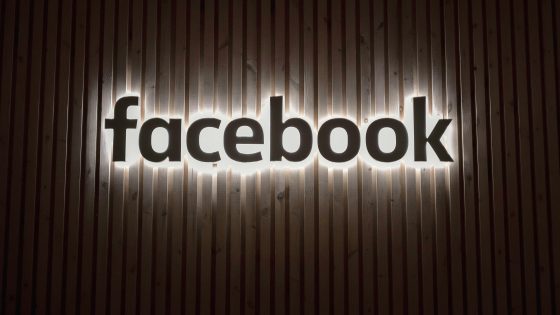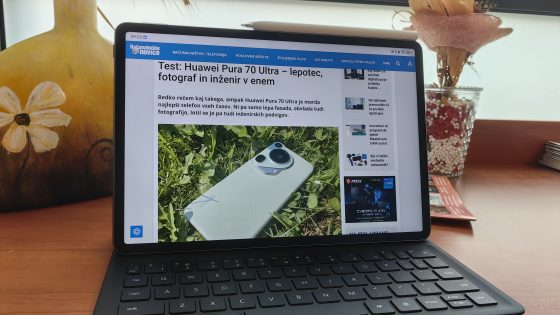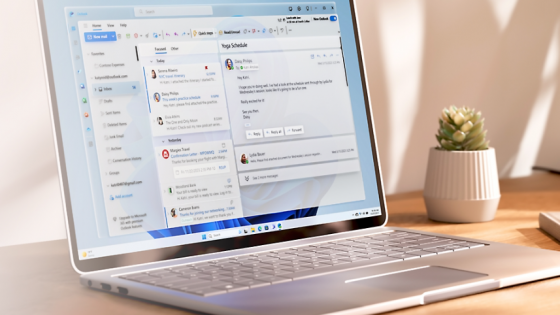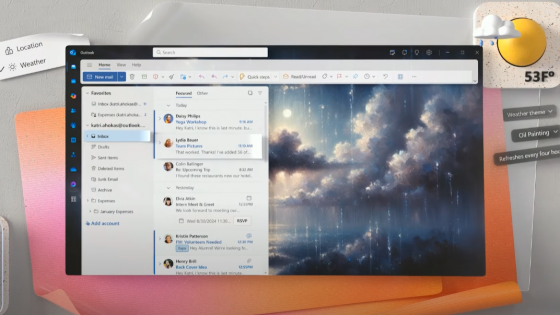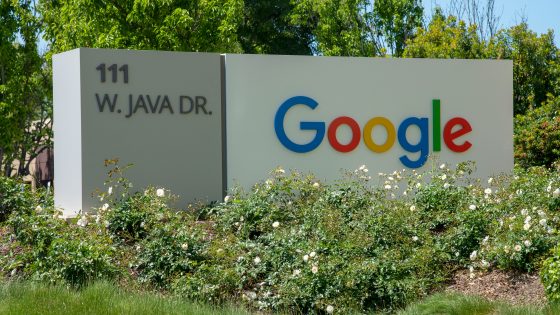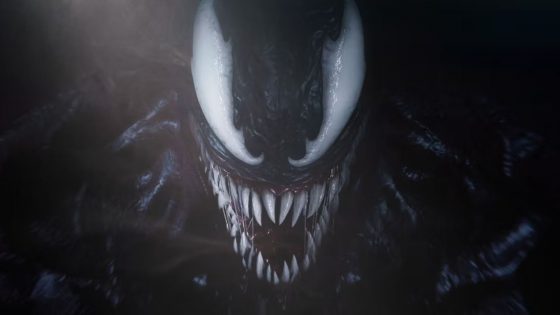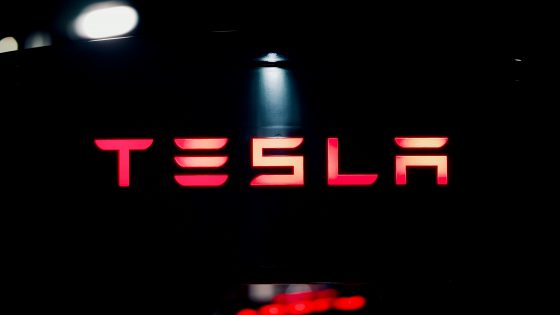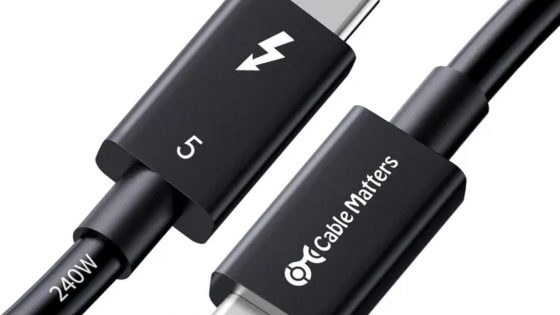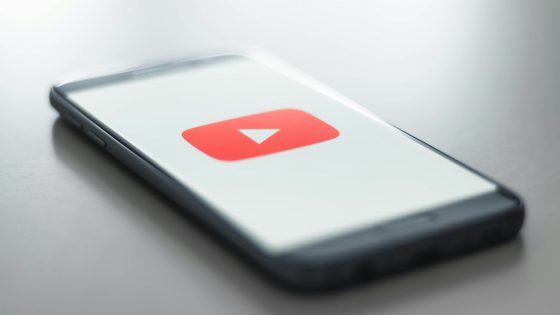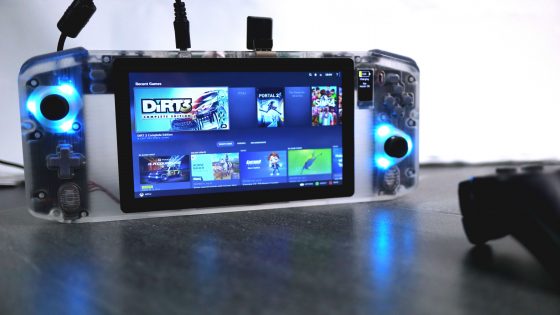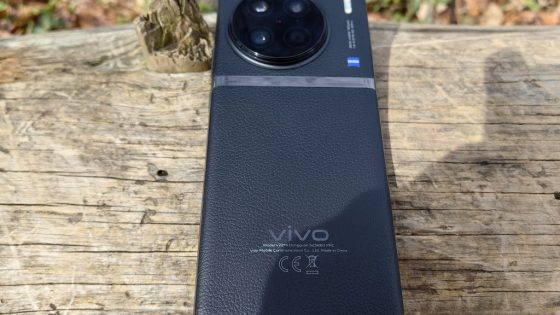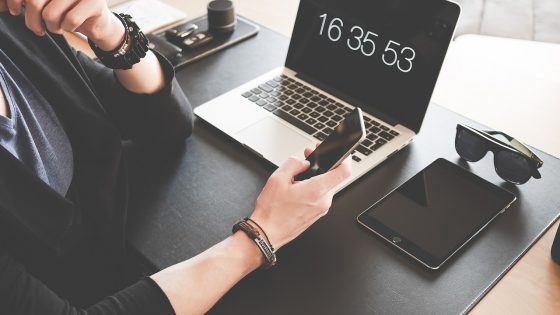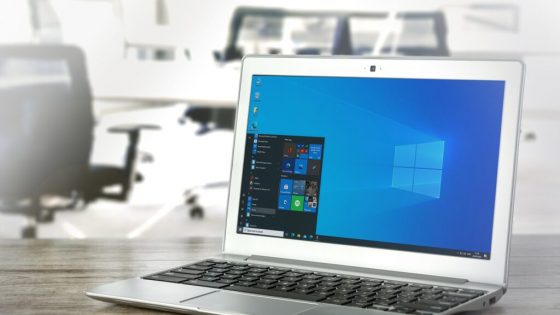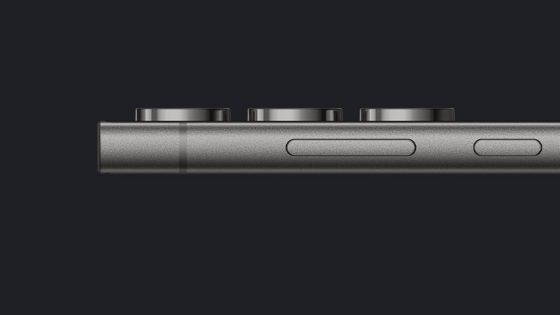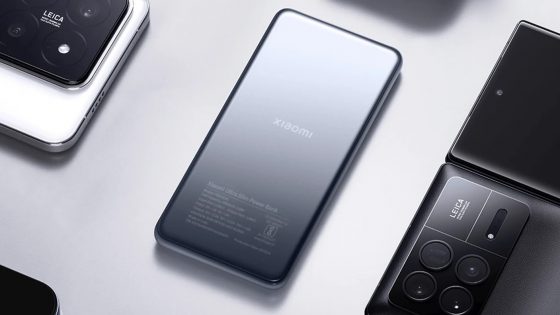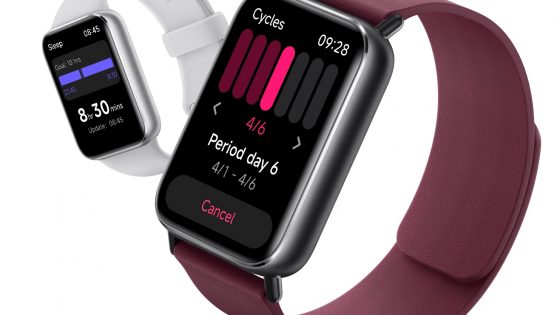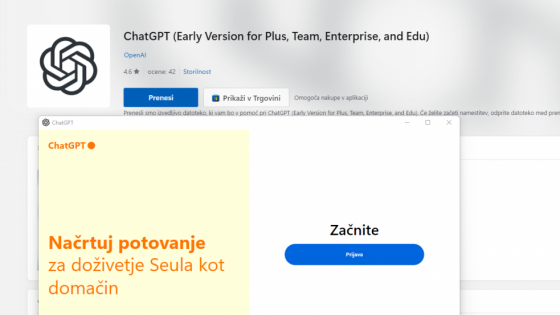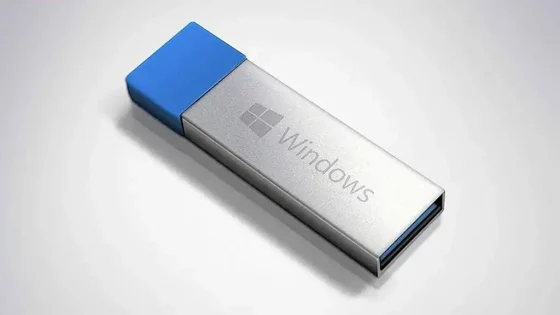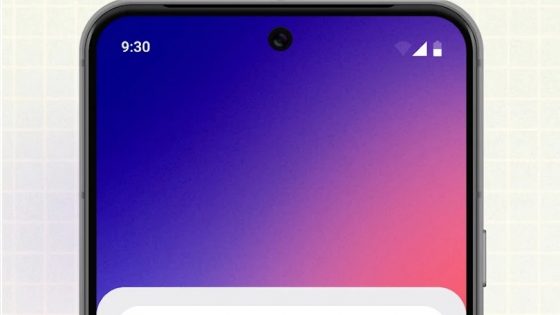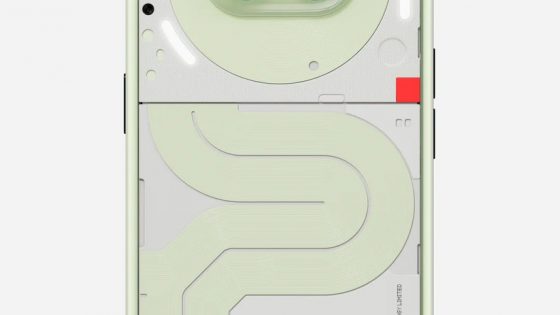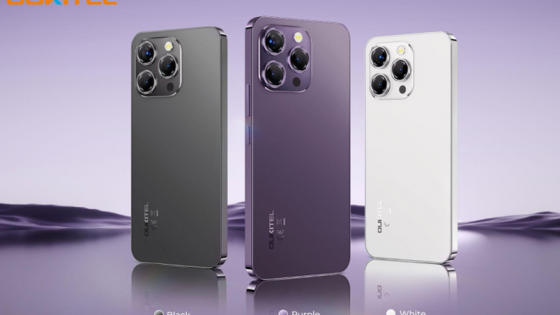Artificial intelligence on the attack of the Marvel star
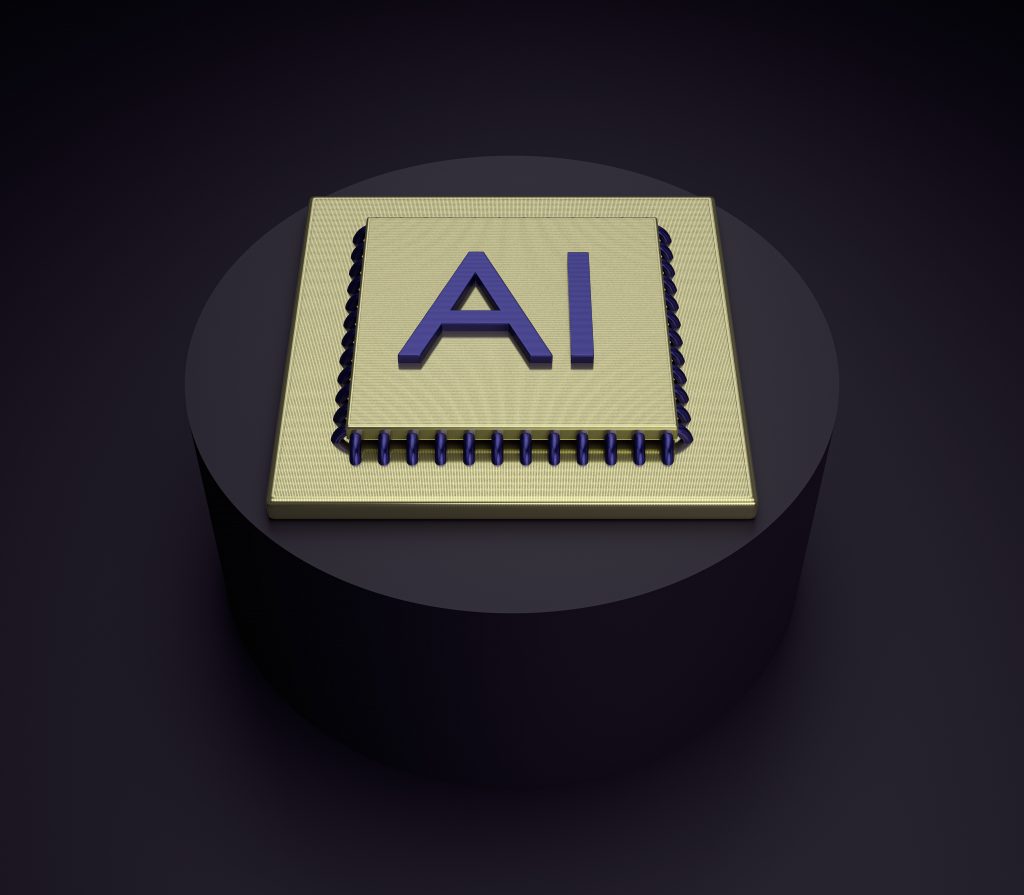
The star's team immediately launched legal action against the AI app developer for using her name, likeness and voice in an online ad without her permission. The ad promoted an AI photo editing service: 90s Yearbook & Avatar. Of course, they wanted to further encourage viewers by using Scarlett Johansson's avatar. Their attempt did not meet fertile ground.
The 22-second ad featured the Marvel star backstage during the filming of her latest film, Black Widow, where she says: “What's going on guys? I'm Scarlett and I invite you on an adventure.” This is followed by a transition where Scarlett Johansson's voice, recreated by artificial intelligence, can be heard. “It's not just limited to avatars. You can also create images with texts and even AI videos. This is not to be missed,” declares an artificial intelligence (AI)-generated voice.
The developer wanted to hedge with the fine print stating that “images and avatar are created with artificial intelligence. This has nothing to do with this person.” But that certainly won't save them if the case goes to court.
Johansson's representatives told Variety that the actress was never a spokesperson for the app and that her lawyer, Kevin Yorn, "has handled the situation legally." So far, the app's developer has not commented on the incident or the serious allegations made by the legal team. In all probability, he will reach an agreement with the legal team of the American actress before the start of the legal proceedings. Otherwise, the developer faces a more or less lost legal battle and unnecessary legal costs.
Scams are becoming more and more common
We recently wrote about deepfake videos, where malicious actors used artificial intelligence to create fake videos with images of famous people. The fake MrBeast was promoting the new iPhone 15s, which were available to the "lucky ones" for just $2. Fake Elon Musk talked about a great investment opportunity and Tom Hanks promoted a controversial dental plan.
As artificial intelligence becomes more accessible and sophisticated, we're likely to see many more examples like this in the future. Musicians are already dealing with voice cloning that can make it sound like Drake is releasing a new song or Johnny Cash is singing a Taylor Swift song.
The US and the European Union are preparing a law to regulate the use of artificial intelligence. Much of the legal debate centers on copyright. Artificial intelligence language models, such as those used by OpenAI, Meta, and Google, are trained on data drawn from the entire web, including vast amounts of copyrighted content. Digital artists have sued Stability AI, Midjourney and DeviantArt for allegedly using copyrighted art to train AI models and in some cases recreating very similar works. Comedian Sarah Silverman and two other authors filed a lawsuit against OpenAI, alleging that the training company used their books.
Some authors (Grimes, Herndon) have voluntarily allowed the use of their voices to create recordings/music with artificial intelligence, but still warn others to define in the contract exactly what their voice can be used for and for how long. It should also state exactly what happens to the copyright after the death of the author.
Artificial intelligence has shaken the existing legislation, which was not prepared for such a rapid boom of new technology. It is clear that this morale will adapt quickly. The damage has already been done, but it is necessary to prevent its further spread.



